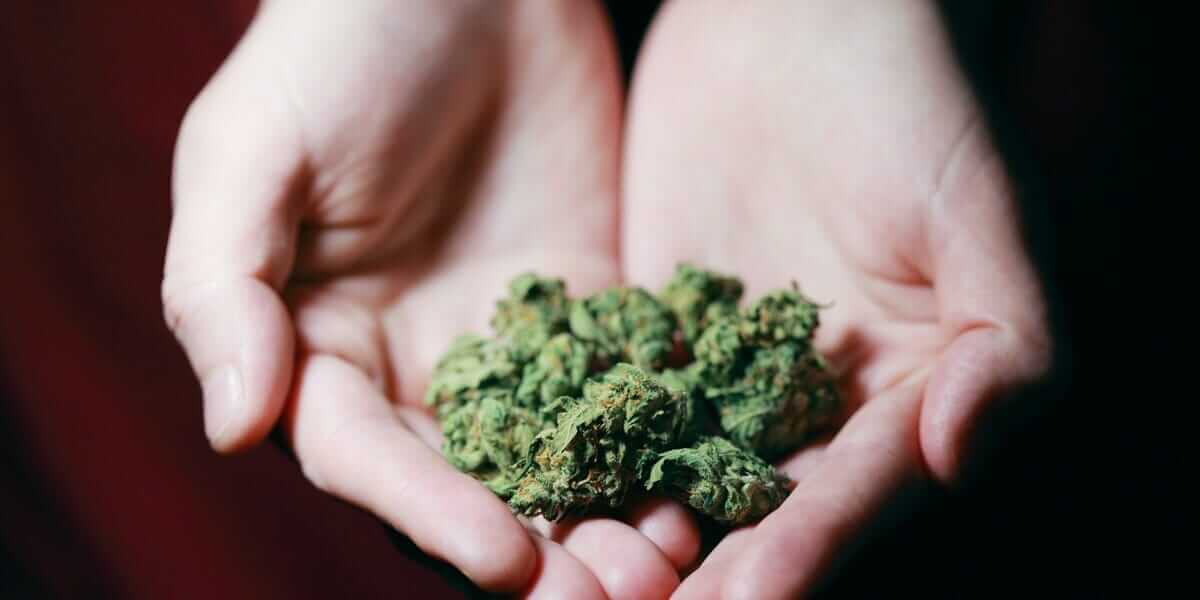In recent years, marijuana has been legalized across a dozen states and praised for its medicinal purposes. It’s the most commonly abused drug in the U.S., and the perception of it being harmful is decreasing. In fact, many young people do not see marijuana use as being risky behavior. However, marijuana addiction is prevalent.
Marijuana isn’t necessarily the safe, low-risk drug that people think it is. Even though many are able to use the drug recreationally without becoming addicted, this isn’t the case for everyone. Marijuana addiction is real. Today’s cannabis is stronger than ever and people can and do get addicted to it.
Whether you have concerns about yourself or a loved one, or simply looking for information on cannabis addiction, the information below will provide more insight. As with other addictions, help is available through dual diagnosis treatment centers in Denver like Continuum Recovery Center of Colorado.
What is Marijuana Addiction? Is it a Real Thing?
Marijuana use disorder is the formal term for cannabis addiction. It appears to be similar to other substance use disorders, though the long-term effects may be less severe compared to other drugs.
Cannabis use disorders are often associated with dependence. When a person stops using marijuana, they often report feeling irritable and restless. These symptoms often start during the first week of quitting and linger for about two weeks. They occur because the brain is readjusting to not having the drug.
The most common symptoms of cannabis use disorder are:
- Mood and sleep difficulties
- Decreased appetite
- Strong cravings
- Various forms of physical discomfort
How Many People Have a Marijuana Addiction?
Estimates from the number of people who use marijuana vary from study to study, but the federal government and marijuana industry agree that numbers have remained fairly consistent over the last decade. Out of these users, roughly 1 in 10 will become addicted to marijuana.
People who start using marijuana before the age of 18 are at a higher risk of becoming addicted. According to the CDC, about 17 percent of people who start using the drug in their teens will become addicted. In 2015, roughly 4 million people in the U.S. met the diagnostic criteria for a marijuana use disorder, with 138,000 of them seeking voluntary treatment.
Who is More Likely to Become Addicted to Marijuana?
It’s difficult to say who will become addicted to cannabis and who won’t, but we can assume that the risk factors are similar across addictions. Here are some of the most common factors that influence your addiction risk:
- Biologic factors. Everyone’s bodies react differently to drugs. Some bodies feel good when they’re on drugs. Others try it and dislike it, not having a desire to try again.
- Early exposure. The younger you are when you experiment with drugs, the more likely you are to become addicted. This happens because the brain is still developing.
- Mental health problems. Having an underlying mental health disorder raises the risk for addiction. Drug use and mental health problems affect the same parts of the brain, plus people with mental illness are more likely to self-medicate.
- Environment. If you hang around with others who use marijuana, it’s easier to use and become dependent on the drug. This environment also makes it harder to quit.
How Do I Know if I’m Addicted to Cannabis?
Because not many people know that marijuana addiction is real, the signs and symptoms of this disease aren’t well known. Even for those who use the drug regularly, they tend to say it’s a habit, not an addiction. However, you can become addicted to almost anything, including marijuana.
Here are some signs to pay attention to:
- Trying to quit but unable to
- Giving up important activities to get high
- Using marijuana even when it’s causing problems
- Withdrawal symptoms when stopping marijuana
Cannabis is Legal in My State. Doesn’t this Mean it’s Safe?
Unfortunately, there is a perception that “legal” means “safe.” But this isn’t true in this case or others. Marijuana does have physical and mental health effects, especially if you start using at an early age. For example, regular marijuana use can damage memory, learning and attention. It can also raise the risk for anxiety, depression and schizophrenia.
Additionally, marijuana can harm an unborn baby, just as smoking or alcohol can. Using marijuana while pregnant raises the risk for low birth weight and cognitive problems in later life. To much surprise, there is an increasing number of pregnant women using marijuana in the U.S. Researchers found that the proportion of women using cannabis during pregnancy more than doubled between 2002 and 2017.
An Increasing Potency is Also to Blame
It’s also important to point out that today’s pot is not the same as it was decades ago. Cannabis potency has steadily increased over the last few decades. In the early 1990s, THC levels were around 4 percent. Today, they are around 15 percent. There are growing concerns that the potency of today’s cannabis products could have harsher effects on a user’s brain, particularly if they are young.
Treatment for Marijuana Use Disorder
If you or a loved one is having trouble stopping marijuana, it’s possible that there is an addiction present. Before this addiction gets worse, or you turn to other drugs and alcohol to achieve greater effects, it’s important to get the help you need. Outpatient rehab in Denver is available for marijuana use disorder, and it can be affordable, private and effective.
Continuum Recovery Center of Colorado offers structured outpatient treatment that allows clients to maintain much of their normal schedule. We find that our clients often feel relieved to discover our services, as they can kick the habit and free themselves from marijuana.
Marijuana Addiction Treatment Center in Denver, CO
During your time in outpatient treatment in Denver, we can also address the underlying causes for your marijuana addiction and alternative ways to deal with stress. By the time you complete our program, you’ll have a better understanding of yourself and what makes you more likely to use drugs and alcohol. To learn more about our programs for marijuana use disorder, contact Continuum Recovery Center of Colorado today.




